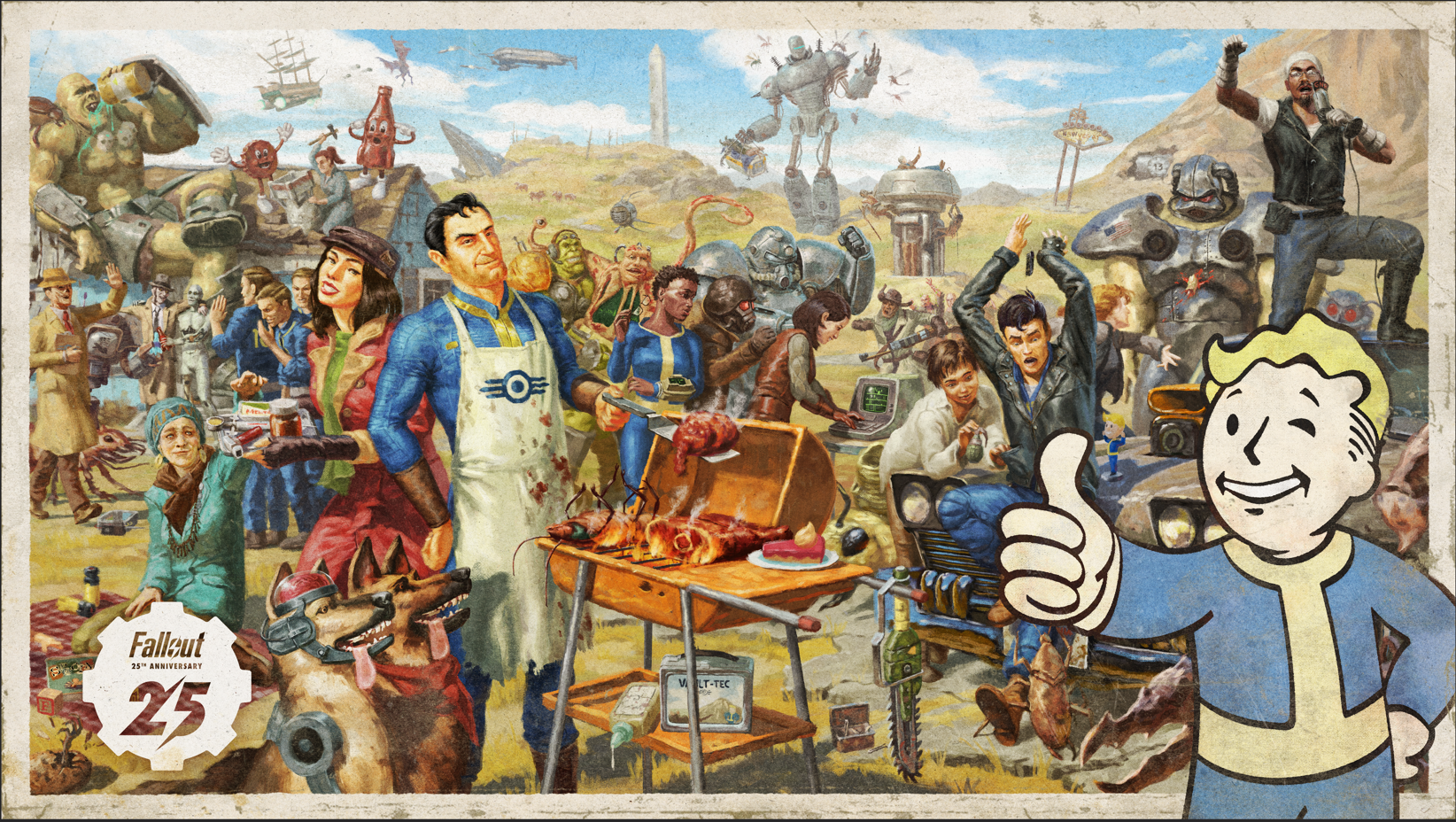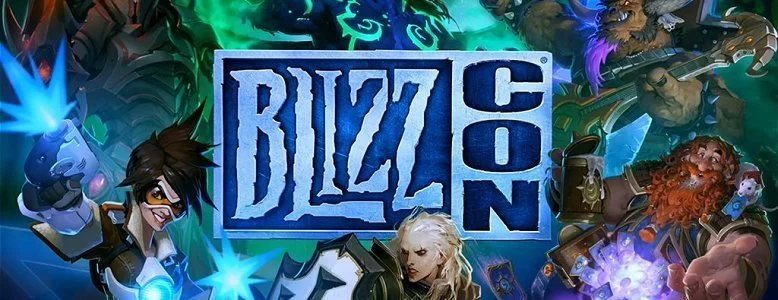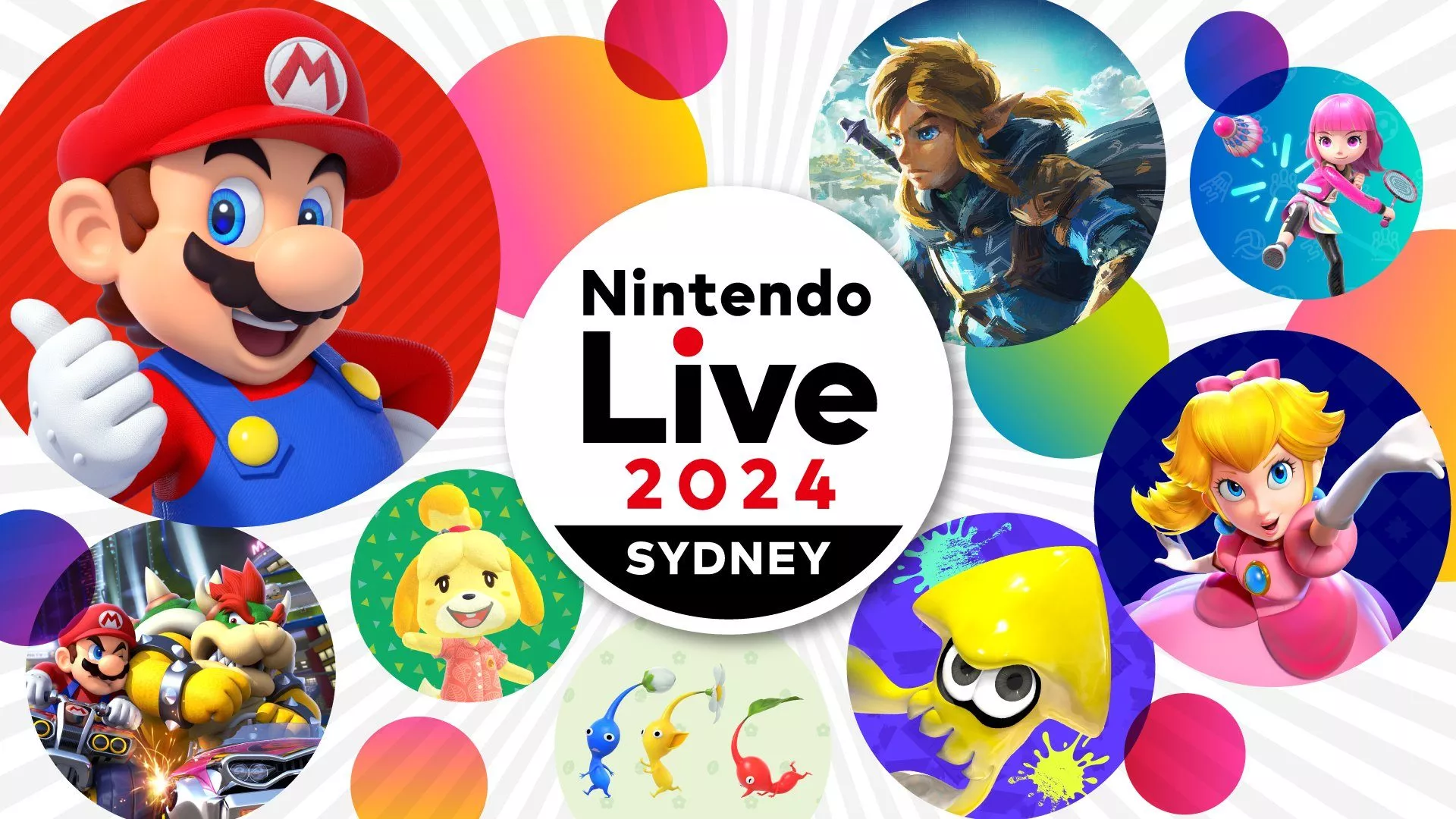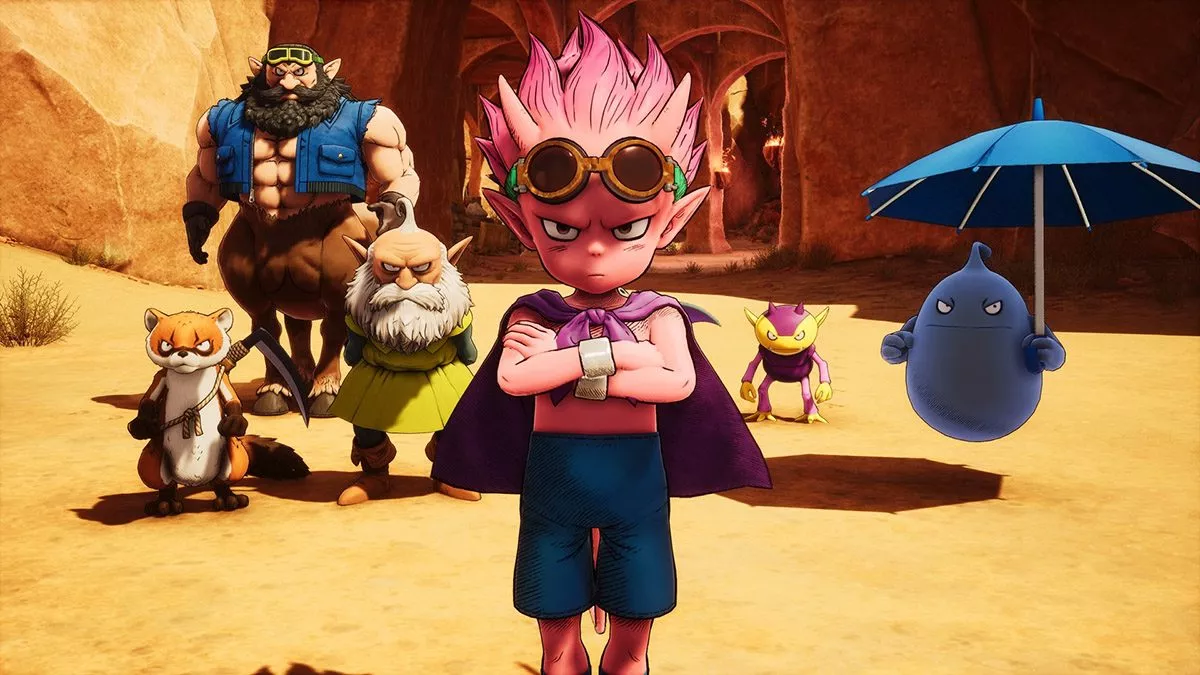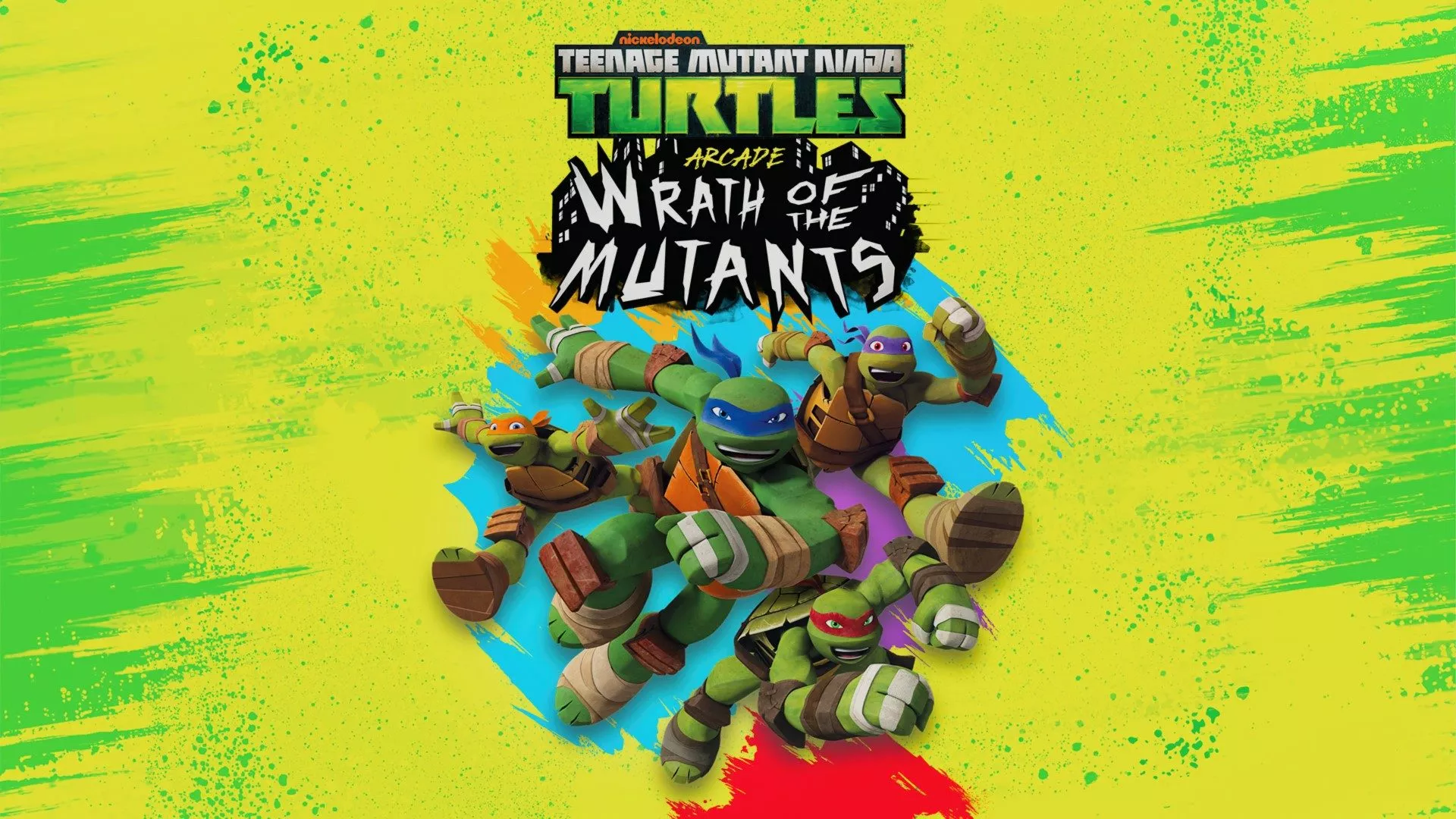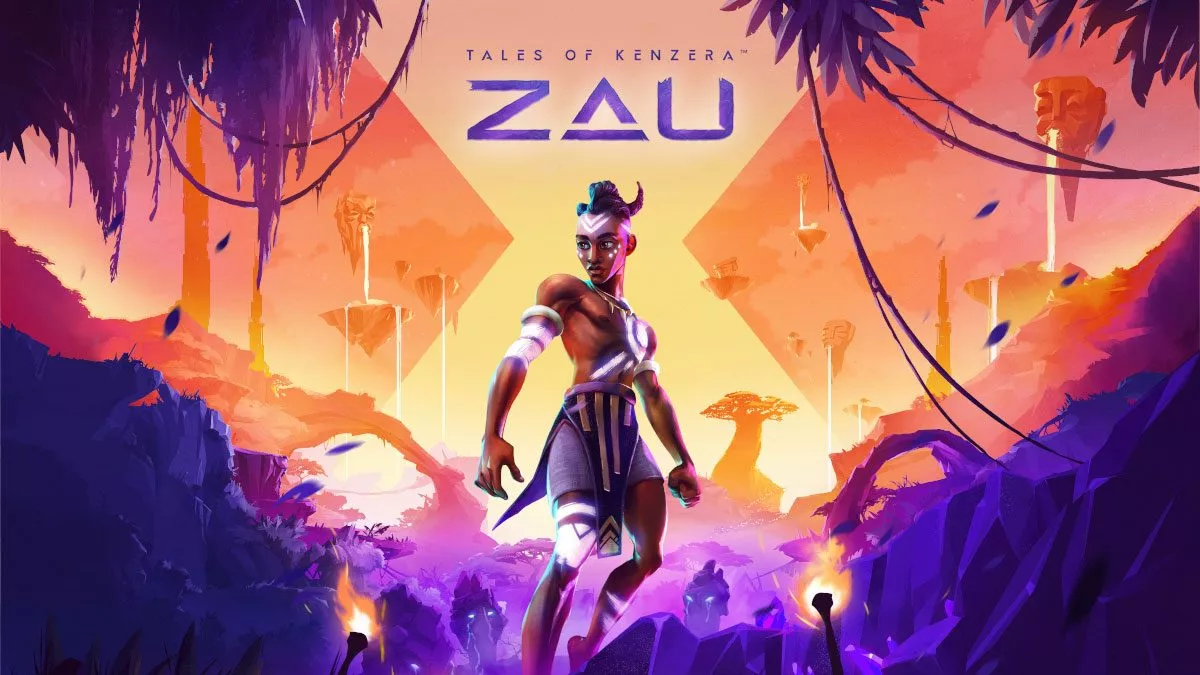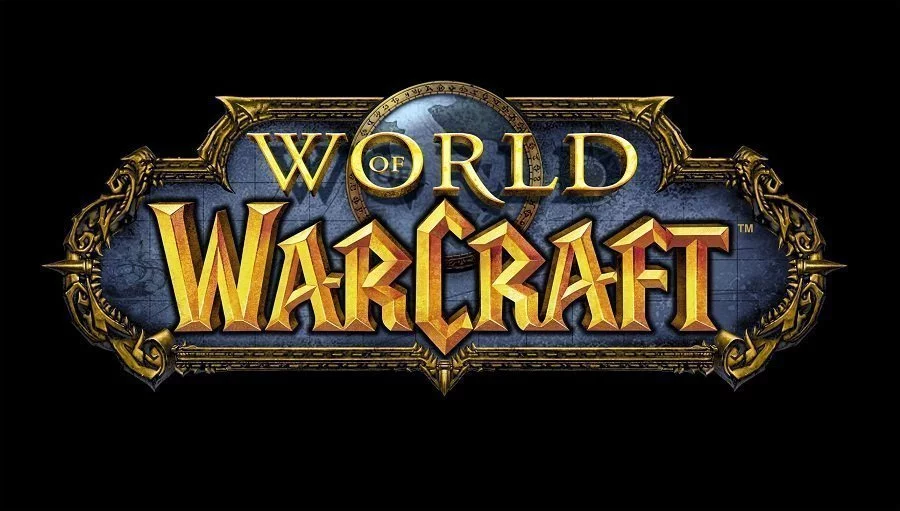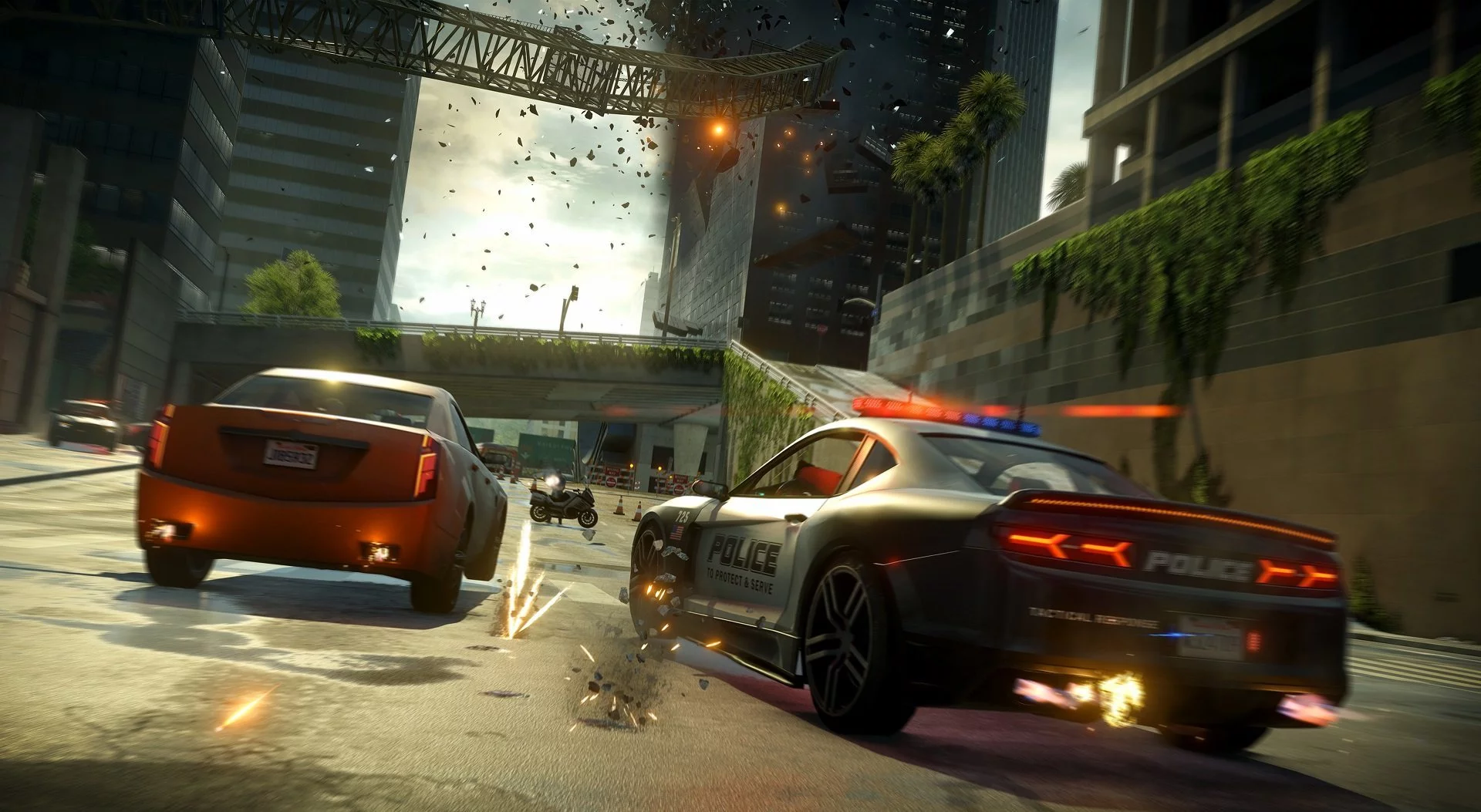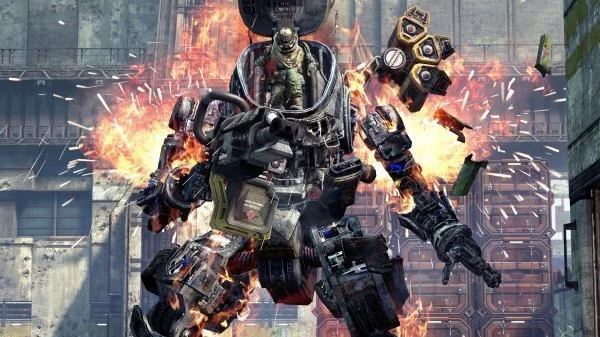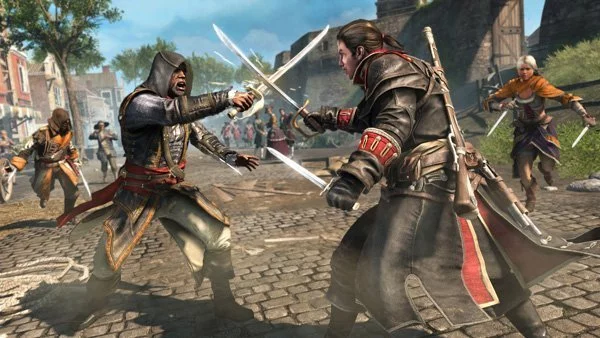Microsoft versus Sony, Battlefield versus Call of Duty and Forza versus Gran Turismo. These are some of the rivalries that can get people talking about console wars. “Game On or Game Over” is your place to get inside the minds of Nicholas and Andy as they seek to find the true meaning of gaming and tackle some of gaming’s most controversial subjects. Both are award winning authors – although the awards haven’t been mailed or created yet — but trust them. Would they lie to you?
Nicholas: Last week we spoke about the ‘staleness’ within the gaming industry. The issue that, aside from games having enhanced graphics and larger worlds, not much has really changed from the last generation to the current one. Thinking about that though, there was one significant change that I’ve noticed in gaming this generation that we touched on slightly, but which I’d like to devote some extra attention to this week.
Amongst the flurry of HD-remakes and sequels, perhaps the biggest trend with new IPs has been this push towards MMO-type games. While we’ve seen examples of developers trying to approach this boundary before (think Test Drive Unlimited 2), it wasn’t until the Xbox One and the PS4 launched in 2013 that we really started to see a common pattern. Think of titles like Titanfall, Evolve and even to a lesser extent, Forza Horizon 2. Each game has focused on creating a constant online experience, with the emphasis on multiplayer rather than single-player.
To kick this week’s article off I wanted to get your thoughts on why this is – why developers are moving towards making their latest games online-based? Furthermore, I wanted to get your opinion on this, and is this a change you’re welcoming of?
Andy: I think the reason behind the push towards more constant online play is quite simple really. It’s to keep people engaged. For a traditional single-player game, once I beat the story and collect everything I want to, then there’s really no reason to play it again. So, it either goes on the shelf to collect dust, gets traded in or lent to a friend. When the game has some type of multiplayer (co-op, PvP or a huge MMO feel) then there is always something more to do. It’s easy to pick up, hop into a lobby and chat with friends as we shoot people in the face, or do some other mission. Most multiplayer games have built-in carrots as well. Those little rewards to encourage players to keep playing. New weapons, armor, cars, skins and an assortment of other things. Of course, these unlockables are accompanied by noises and flashy graphics to make the player feel like they really accomplished something special. It’s the same tactic casinos use to keep people in front of slot machines. There is always that next carrot to work towards. So in an effort to keep the game in your disc tray as long as possible, developers are leaning more and more on multiplayer.
I totally understand the reasoning behind the shift towards multiplayer focus in games. There are a couple drawbacks though. One being when a multiplayer mode is forced into a game that doesn’t need it, just for the sake of having it. A couple recent examples are the latest Tomb Raider reboot. To me, Tomb Raider has always been about the single-player experience, digging through old dusty tombs, solving puzzles and getting an artefact. Yet, the latest iteration had a MP with factions zipping across ziplines shooting people in the face with shotguns while claiming bags of gold. It felt like someone was trying to push a square peg in a round hole. More recent is the MP that was included in Far Cry 4. Instead of being something I wanted to play, it was something I had to play for the achievements. Once I got those I never went back to it, because that’s not something I associate Far Cry with. I wish more games would be happy with a 2-4 (or more) player co-op experience. I honestly have way more fun doing that, than I do playing a more competitive style of multiplayer.
There is one thing about multiplayer-focused games that doesn’t seem to get a lot of discussion, and I have never really understood why. I’ll use this week’s big release as an example. Battlefield Hardline drops this week and after playing the beta and playing a few matches via EA Access, I am still not sure if I want to get it or not. What I do know is, if I don’t get it within the first couple weeks to a month then it will be very hard for me to get into the game. I know that if I wait longer than a month, the majority of the players will be a high rank and have a ton of stuff unlocked, thereby giving them an advantage and making my experience less fun.
They will have an assortment of weapons, attachments and gadgets at their disposal while I’ll only have the preset load outs. They will have map knowledge whereas I’ll will be running around a corner blind. It makes for an incredibly not fun experience. Now, I want to be clear, I’m not faulting them for playing and getting the game on release day. What I’m talking about are the late adopters to a game and trying to play against others who have played for a while. To be blunt, it sucks. It’s not fun and not many people I know want to be frustrated while playing video games. So, if I don’t get a MP game right away it’s a challenge for me to get it down the road. With that said, I don’t see a solution for that. MP games are designed to reward those players who play a lot, but do those very rewards then discourage others to join up 3 months later? Have you ever ran into something like that before?
Nicholas: Before? That paragraph describes my experience with every FPS game I’ve played online to date. In all seriousness though, it is certainly something that I’ve come across. For me, because I’ll play a FPS every once in a blue moon (in the last six months the only ones I’ve been playing are Call of Duty Advanced Warfare and Halo: CE), I’m never truly accustomed shooters. So when it comes to then playing against others – who have either been playing the game for a while since launch, or who are used to FPS titles in general, I’m always at a disadvantage.
When I usually do play online though it’s almost always with friends, so the disappointment that comes with being at lower skill level than my peers is reduced because I’m at least enjoying the conversation/interaction. That said, there’s always that discouraging feeling because I think I’m running around a massive map with no idea where I’m going. Further to that, I’ll see an enemy, aim and shoot, and I’ll still somehow end up dying. All this combined is most of the reason I’m never properly drawn into online play.
All this said though, you mentioned that there’s no real way to get around this, but what about features like smart matchmaking where a game will place you in a lobby only with other gamers of the same skill-level. In your experience has this worked at all?
As we speak about issues with adopting games with/based around multiplayer late, there is one giant problem that I’ve both thought about and experienced – the player base. Take a game like Titanfall – it was the hottest game people were speaking about leading up to its launch. There were giant mechs at the gaming conferences it was being demoed at, and only a select few had the chance to check it out. It launched, had even more people talking about it, but now 12 months on, it’s essentially never referenced as a game people are still playing. When I check my friends’ activity on my Xbox, Titanfall is never listed. If someone decided to pick it up for the first time today I wonder how many different gamers they’d come across, and how willing their friends would be to join. For you, is this the greatest risk gamers face buying games today as we move towards more online-centric titles?
Andy: I’ll admit I got Titanfall on release and really enjoyed it. The downfall for me on that one was, at the time, not many of my friends had it. So I got bored of it pretty quick. By the time my friends did pick it up, I was already to the point where I didn’t want to play it much anymore. I have heard from a couple people that it’s pretty difficult finding a match in that game now with any type of certainty. That could be one of the reasons Respawn released the season pass for it for free last week. Trying one more trick to get people to play it again. Which is a good move on their part, it’s not a bad game but there’s also not a whole lot to do in it which is a shame.
In my opinion the biggest risk gamers face when getting a game six months (or more) after release isn’t the skill/map knowledge difference. Rather, it’s the segregation of gamers by the developers as they release DLC. What I mean is take Battlefield for example. I load up the game and jump into a lobby but can’t find a game on a server near me. I know there are people playing, so I try to join one on my friends list. I get a message saying I can’t join them because I don’t have the DLC/map pack that they are playing on. So, I got the game late and am already at a disadvantage and now I can’t even play with people I know – unless I can beg them to not play the content they paid for. Going back farther on the Xbox 360 I remember Fable 3 and wanting to play with a friend, same world, same level, etc. but he couldn’t join me because I had a piece of pre-order DLC that he didn’t. The only solution was for me to delete that content and then we could play together.
Game developers are really good at making games, making content and ‘hooking’ gamers to keep playing. To me though, it seems like they are so focused on that vision, that everyone else is left in the dust. Those who are new to the game, pick it up late or don’t have all of the content are left at the side of the road watching the train speed away. I know that feeling all too well, as it’s the exact feelings I had when I switched from Call of Duty to Battlefield 3 as my FPS of choice. It took me maybe a month to feel somewhat comfortable and somewhat competent at it.
In regards to skill-based matchmaking, I think that’s nothing more than lip service. The only game where I truly felt it worked was Call of Duty World at War, and that’s because there was a separate playlist for people below rank 5 (I think it was 5). With every other game that I have played I personally didn’t feel that it had any real effect. At the end of the day, developers want full lobbies and when there is a finite number of people playing there’s no real way to separate based solely on skill. That would fragment the player base even more. Developers are good at rewarding those who play early and play often, what do you think they should do to encourage those who come on board late – or have a lower skill level – to play their game and have fun doing it? After all, you can’t adjust difficulty when it’s all human controlled players.
Nicholas: That’s just the thing right. If Titanfall isn’t really attracting that many players, then as much as providing the season pass for free might seem like a nice move, it’s really just a last-ditch attempt to bring people back. Respawn knew that DLC wasn’t going to sell any more units on the Xbox Store, so rather than let it sit and earn nothing, why not give it to free for the people who will be bothered to download it and see if they return. An interesting though here – just because the DLC is for free, I wonder what percentage of players actually redeemed it. Perhaps I’m just being lazy, but despite the DLC being free, I still couldn’t find a reason to get it. While the few games I had on launch were fun, there was too much lag and there’s so many better games I can spend my time with. Sorry to be cynical, but that’s just me.
To answer your question though, I’m not really sure there’s an easy answer. Of course there should be ways for people with different DLC to play together – developers should be smart enough to find ways that let’s those with DLC use it while others just miss out, or if people have differing DLC packs, then the extra content just isn’t available for all (think extra maps in a playlist). Perhaps they could offer perks to newcomers after a certain time? Maybe those who join COD online after six months of the latest game’s release can earn double XP for their first 20 matches or enjoy some better weapon drops (or is that a Counter Strike thing?) You don’t want to take away the prestige (which seems silly when we’re talking about games) of having a high rank or rare weapons to those veteran players, but you don’t want newcomers to feel like newbies either. Maybe new players can have a certain health bonus while they’re under a certain level if people of significantly higher rank are in the same lobby?
I wanted to skip back to what I said about Respawn releasing the season pass for free for all gamers. Personally, as much of a goodwill gesture it is, it does reek of “please, please, please play our game again”. Is that just me, or do you think the same? In a time when releasing free DLC always seems to be coupled with an apology for a troubled launch, should I be more supportive of Respawn rather than negative?
Andy: I am of two minds on the Titanfall example to be honest. Sure, it’s a way for Respawn to try and create some end of cycle sales of the game. Yet, at the same time it’s a nice thing to see to celebrate the one year anniversary of the game. Being that Respawn announced/confirmed Titanfall 2 last week as well it’s a nice little way to keep things fresh in people’s minds. For gamers it’s a win-win really. They get free DLC, and with it discounted as the game is now, what better time to go back to it – or even try it for the first time. I’d be willing to bet there are a bunch of low level players running around in the game. I know I have one friend that still plays Titanfall regularly and his biggest complaint is finding a game in the DLC maps. Hopefully this helps those who are still plugging away at it.
To stay on the topic were are presently discussing, if the motivation of Respawn was to try and squeeze out some more players into the game and revitalize the player base… is that really a bad thing? There have been games I have absolutely loved that I saw just wither away because fewer and fewer people played it. Then, it gets to a point where the developer looks at player numbers and says “Well, it’s not worth keeping the servers active anymore with this few of players” and the game is done. If I still played Titanfall regularly (and I’ll admit I am thinking about going back to it now with the season pass), I’d welcome the anticipated influx of players coming to the game.
So, while it may reek of some desperation to eek out a couple more months of good player numbers, is it really a bad thing? I’ve seen other negative comments about this on forums and other postings. To me that negativity confirms that no matter what a developer/publisher does there will always be a section of gamers who complain about it. It’s the same with the Games for Gold program from Microsoft. Xbox gives away free games and there are still gamers who complain about it.
Getting back to our topic at hand and skill level matchmaking, the only solution I have thought of that would be plausible would be to have different tiers based on a quantifiable score metric. Say Bronze, Silver, Gold and Platinum for discussion’s sake. That way bronze level players are assured of playing with like skilled players and so forth. The immediate detractor of this idea is, you again segment your player base and, as you and I both know, gamers are very good at gaming the system to get the matchups they want. One of the reasons I prefer Battlefield is the ability to play the objective, do terribly in kill/death ratio, but still get a high score because I played my class and did what the game mode asked of me. We often talk about where gaming goes from here, and to be honest, I think this is only going to get worse. Yes, there’s a push to more multiplayer-centric type gameplay, but there’s also an increase in the competitive type matches modes. So, if things only get more competitive from here, does that mean you and I will be less likely to pick up older (new) games in the future because we don’t want to deal with the hassle? Isn’t that the opposite of what developers want to hear?
Nicholas: Sure, you and I won’t be interested in buying these games months after their release, but we need to remember how big the gaming market is. We’re talking about the same people who, despite countless Assassin’s Creed games being repetitive and each Fable game offering less than what Moleyneux promised, are still keen as mustard to try the newest sequel to see if it’s any better. For every ‘issue’ with video games, there are still many, many gamers out there willing to give it a shot to see if it’s worthwhile or any different. In that respect, no matter if gaming doesn’t change from what we’re talking about above, developers and publishers will still make their money. There’ll always be that marketing technique a publisher will use to sell their game that makes it seem revolutionary and amazing (think Evolve). So while you and I won’t buy them after launch, these companies would have made a potential killing off launch sales already.
Something I always wonder about though is what’s the goal behind games like Evolve and Titanfall. Like I mentioned earlier, for all the hype around both those two games, there isn’t a lot being spoken about them now, and with both, there were comments they lacked any real story mode. So in a few months’ time, they risk being just another game in player’s collection, but with most gamers moving on to something else and no decent single-player offering, what’s going to be the motivation to keep gamers coming back? Publishers can’t just give gamers the season pass each time, so with the risk of there being no real longevity, what’s the point of pursuing these kind of games?
If we look at PC gaming, how many new MMOs are truly successful? Developers try to be the next World of Warcraft but end up failing. What is it about this more multiplayer-centric titles that is so attractive to developers, and do you think it’s just a fad we’re going through at the moment, or are we on the cusp of seeing the new face of gaming?
Andy: I think the appeal of an MMO model to both publishers and developers is twofold. When gamers find an MMO they really like they play it, and play it a lot for a long time. The same players also commit a lot of money to the game, be it expansions packs or micro-transactions. It’s no secret that when an MMO becomes popular it’s a huge revenue stream for those involved. So, it makes sense that games will always try to be the next World of Warcraft. I think one of the reasons they ultimately fail is because they try to make the next World of Warcraft – as in, literally try to make it. They think WoW has this, so we have to have this, and then work out from there. This falls back into what we discussed last week, in that there is too much of the same thing out there right now. Whereas the upcoming The Division appears to be making its own path in an MMO-style game. If it succeeds or not is another story, but signs are looking good for it right now.
To bring this discussion full circle though, if a developer is content with releasing a game that is essentially the same as their previous game or to a competitors game, there is less of a reason for gamers to run out and get it right away. Instead I can play the game(s) I have and for the most part have the exact same experience. When I do get tired of that game and I’m looking for something new to play, I am less likely to go for something with the same experience or that I know I’ll get waxed in because people are already super high level. So, instead of a developer encouraging me to get a game right away they are doing the opposite and giving me reasons not to play their games.
I am a singleplayer, co-op gamer. Those are my favourite games. So when a game pushes me away from that it’s already one reason to question the purchase. Like most games, the amount of time I have to devote to actual gaming isn’t always as much as I want so I have to make sure the games I play are ones I’ll enjoy. Sure there’s a learning curve with every game, but that learning curve shouldn’t be so steep that it’s no longer fun. Gamers are great about coming back to games they love. It just seems to me that there are games out there that try to cater to one group of its most hardcore fans while the rest just have to deal with the changes. That’s one of the reasons I have shied away from the Call of Duty franchise. I’m not part of the “MLG” crowd and that seems like who they have decided to make games for.
In a time where there are so many games out there to play developers should be looking at how to bring more gamers into their title(s) – not give them reasons to never pick it up. In the race to bring elements from other popular games into their games, they have essentially making the same games over and over again just with different skins and maps. Hopefully in the next year or two we see more developers embrace risk and try new things. If they make a unique game, and that’s the only place I can get that experience, I’m more willing to give it a shot. Give me a reason to play it, don’t give me a reason not to play it.
Tune in next time for the next instalment of Game On or Game Over. If you have any ideas for our next article, feel free to contact Andy or Nicholas on Twitter.
This article may contain affiliate links, meaning we could earn a small commission if you click-through and make a purchase. Stevivor is an independent outlet and our journalism is in no way influenced by any advertiser or commercial initiative.


